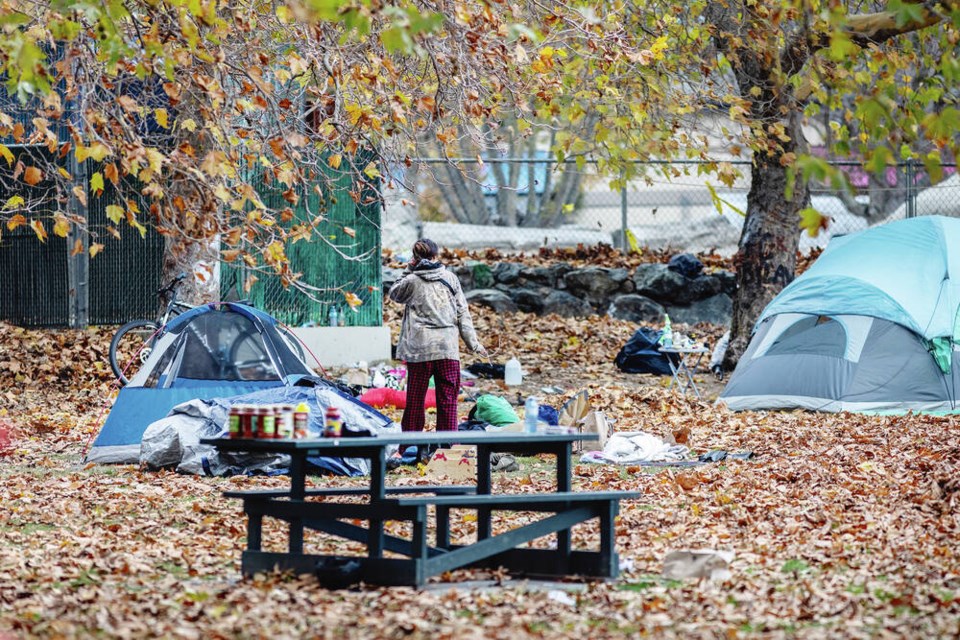William S. Geimer is a retired lawyer and a professor of law emeritus at Washington and Lee University, in Lexington, Virginia. He lives in Sooke.
Supporting and facilitating self-governing homeless communities is a good idea. Such communities, of course, would not represent a permanent solution to the crisis in our area. But their existence could address many of the problems plaguing us on the path to housing justice.
It is gratifying to see so many good-hearted people searching for a solution. They include government officials at all levels, non-government organizations, faith communities, and even ordinary people like me who write to newspapers.
I claim no particular expertise on homelessness, but in several capacities I have spent years in close contact with poor people.
For most of my legal career, I represented the “unwashed and unwanted.”
In the early days of Victoria’s homelessness crisis, one of them was known as the “St. Ann’s Sleeper”.
Rev. Al Tysick was kind enough to be a witness for us at his trial.
From all my experiences, I learned this truth: “I-Thou” solutions to social justice issues seldom work well.
“What can we do “for” “those people” is not the way to go.
That is why I write to encourage that homeless self-governance be made part of the discussion. There are models for us to examine and from which we could learn much.
Establishment and community support of self-governing communities in California, for example, has given us models for balancing community needs and individual autonomy.
What are the positive aspects of these models? Consider first the matter of safety and security that so dominates the current discussion.
Self-governance means that the homeless community makes and administers its own code of conduct to address weapons, drugs, internal thefts and other criminality.
Whether those whose actions threaten the well-being of the community are to be counselled, warned or expelled, for example, is a matter for the community itself to decide by whatever processes it establishes.
Existing communities like this have also produced benefits for their members that are in turn good for all of us. They have positive effects on feelings of isolation and despair, powerlessness and rage.
Self-governing communities also administer a number of other aspects of homeless life, including handling resources we currently provide and make the decisions about.
Some of them prepare meals, keep clothing closets, coordinate appointments. Some members even volunteer in the general community.
I do not know exactly how a self-governing homeless community would function. That is the point. It is not for us to decide.
But I am convinced that the current situation would improve.
On behalf of a long-term solution, Bishop Anna Greenwood-Lee recently wrote on this page that we should consider how much money we waste “managing” homelessness. I submit that the same is true of “managing” the homeless.
You may be surprised to know that there is a federal housing advocate. She issued a report in February. One of its recommendations is to end forced evictions.
That would be a good step here. Self-governing homeless communities would be another.
>>> To comment on this article, write a letter to the editor: [email protected]




